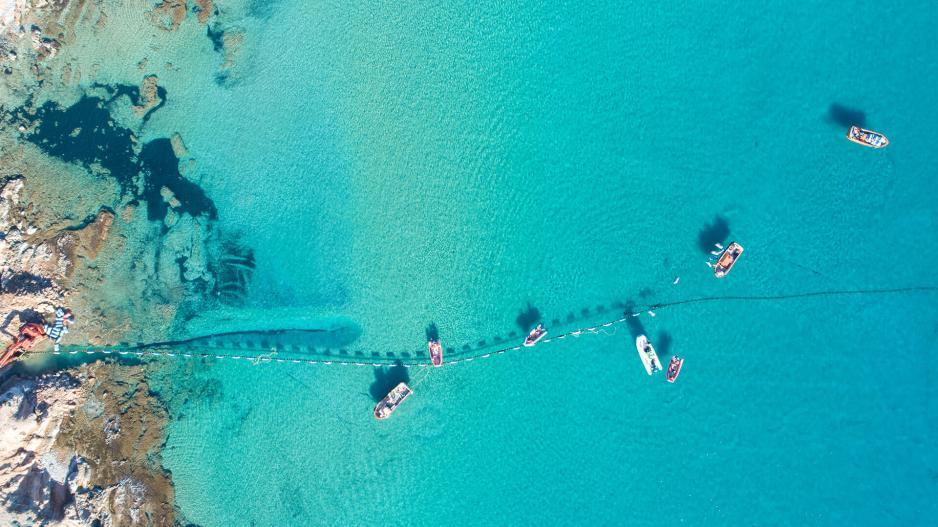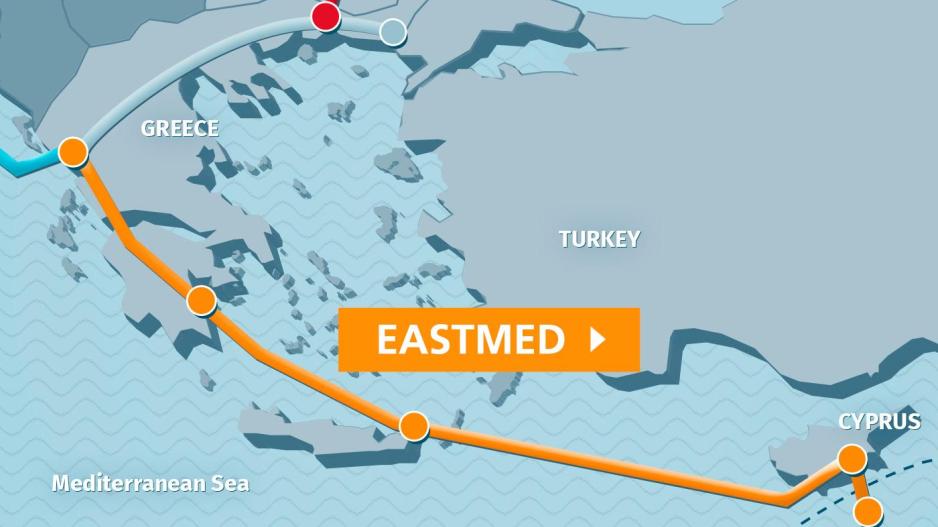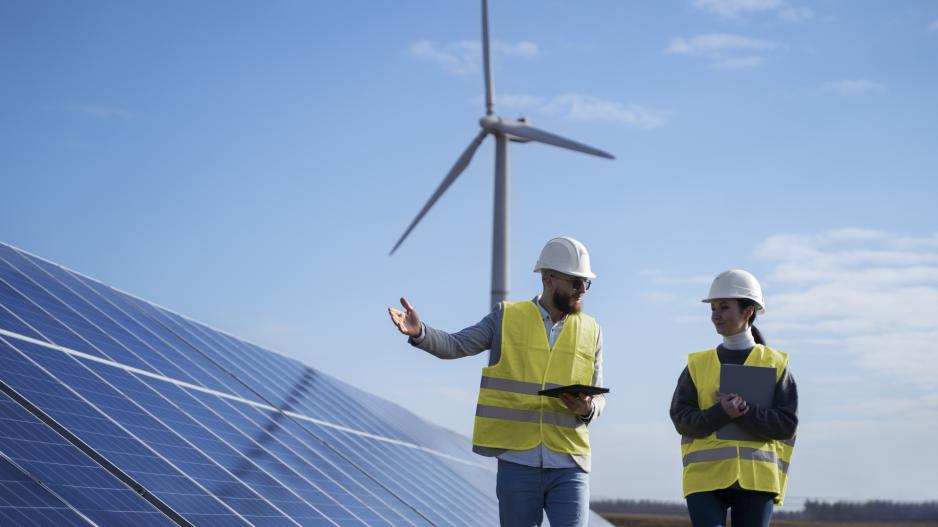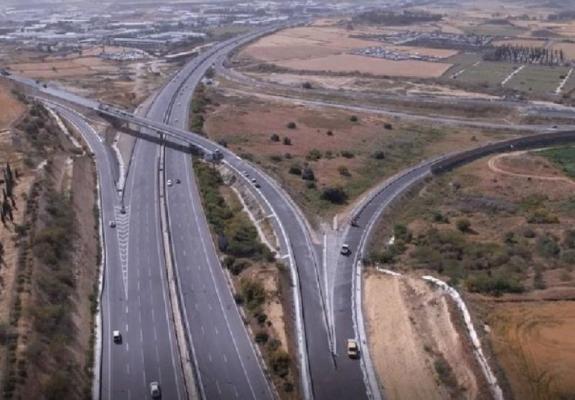Six Major Energy Projects in Cyprus Facing Delays
These Projects Are Stalling Due to Poor Management, Bureaucratic Procedures, and Miscalculations
Six major energy projects are currently in development but are not progressing as expected. These projects are stalling due to poor management, bureaucratic procedures, and miscalculations. As a result, Cyprus’s energy system remains isolated from the rest of Europe, with 0% electrical connectivity with other countries. As Brief reports, the goal for Cyprus is to achieve at least a 15% electricity interconnection by 2030, while the European average stands at 35.1%.

For the period 2023-2032, 61 electricity transmission projects have been scheduled, aimed at constructing new and upgrading existing infrastructure. These essential infrastructure projects, which include electricity and gas transmission systems, are required to achieve the targets and objectives set by the five dimensions of the Energy Union strategy.
These projects are part of the ten-year transmission development plan for 2023-2032.
-
Electricity Interconnection Between Greece, Cyprus, and Israel (Great Sea Interconnector)
The Great Sea Interconnector, a Project of Common Interest (PCI), is planned to link the electricity grids of Greece, Cyprus, and Israel, with a nominal capacity of 1,000 MW. The total cost of the project is estimated at €2.6 billion, with the Cyprus-Greece (Crete) interconnection costing €1.575 billion and the Cyprus-Israel connection costing €1 billion. The interconnection between Cyprus and Greece is expected to be operational by 2029, provided that both countries reach a constructive agreement.
-
Natural Gas Transmission Infrastructure: EastMed Pipeline
The EastMed Pipeline, also a PCI, with a capacity of 20 bcm/y, is expected to connect the European market with the newly discovered gas reserves in the Levant Basin. It will link the gas markets of Israel, Cyprus, and Greece. The project is expected to be operational by 2027, with a total cost of approximately €6 billion. It is the only gas-related PCI for Cyprus that may maintain its status until the island is connected to the EU gas grid, based on exemptions granted to Cyprus and Malta under the new Trans-European Energy Networks Regulation.
The EastMed Pipeline is designed to be compatible with hydrogen and other low-carbon gases, with potential conversion to a hydrogen pipeline by 2036, or when market conditions allow.
-
Electricity Transmission Modernization Projects
Under the "THALEIA 2021-2027" program, modernization projects for the electricity transmission system have been approved for funding through the Just Transition Fund, aimed at accelerating the transition to a green economy.
The following projects are planned:
-
Installation of Static Synchronous Series Compensators (SSSC): These devices will be installed in several transmission substations to help channel renewable energy production into the transmission system without overloading the lines. This will facilitate investments in renewable energy sources (RES), fully utilizing existing transmission infrastructure, and avoiding the need for new connections, which would be costly and require lengthy permitting processes.
-
Transmission Line Upgrades (Reconductoring): These upgrades involve replacing existing conductors with higher-capacity ones that can operate at higher temperatures (up to 200°C compared to conventional 70°C). This will effectively double the transmission capacity of the lines, enabling greater integration of RES into the system without the need for additional lines.
Efforts are also underway to establish an electrical interconnection between Cyprus and Egypt. This interconnection will enhance the energy security of both countries, as well as Europe, by creating a corridor for significant amounts of electricity to flow between the Eastern Mediterranean and the European continent.
The project is a key element in accelerating the development of the East Mediterranean Energy Corridor, providing an alternative energy supply source between the region and Europe. It will also help integrate a higher percentage of RES into the systems of the participating countries. Next steps include conducting technical studies and initiating the tendering process for potential implementing bodies for the Cyprus-Egypt interconnection.

According to a decision by Cyprus’s Regulatory Authority for Energy (CERA), the internal natural gas transmission network will be designed and developed within a 5-kilometer radius of the LNG regasification terminal (CyprusGas2EU project) at Vasilikos, aimed at supplying natural gas to power stations that have expressed interest. The network is expected to expand beyond this radius in later stages.
The Aphrodite-Egypt pipeline is designed to export gas produced from the "Aphrodite" field to gas buyers in Egypt. The pipeline will transport gas from the "Aphrodite" field to Egypt’s LNG terminal at Idku.
In 2018, an intergovernmental agreement between Cyprus and Egypt was signed to facilitate the project. The pipeline will be approximately 240-340 kilometers long, depending on the landing point, with a diameter between 24 and 28 inches. The pipeline's capacity is expected to be 800 mmscfd. The exact landing point and gas buyers have not been finalized, but potential buyers include the LNG terminal owners at Idku and domestic consumers in Egypt.






